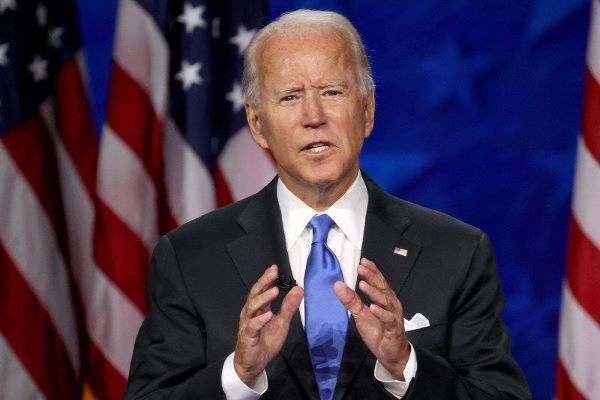Investing in American infrastructure and manufacturing is a key part of Bidenomics and the President’s Investing in America agenda

President Biden and Energy Secretary Jennifer Granholm have announced seven regional clean hydrogen hubs that were selected to receive $7 billion in Bipartisan Infrastructure Law funding to accelerate the domestic market for low-cost, clean hydrogen. These hubs are Mid-Atlantic Hydrogen Hub, Appalachian Hydrogen Hub, California Hydrogen Hub, Gulf Coast Hydrogen Hub, Heartland Hydrogen Hub, Midwest Hydrogen Hub and Pacific Northwest Hydrogen Hub.
The seven selected regional clean hydrogen hubs will catalyze more than $40 billion in private investment and create tens of thousands of good-paying jobs – bringing the total public and private investment in hydrogen hubs to nearly $50 billion. Roughly two-thirds of total project investment are associated with green (electrolysis based) production, within the hubs. Several of the hubs were developed in close partnerships with unions, with three requiring project labor agreements (PLAs). In addition to job creation and creating healthier air for communities, the selected hydrogen hubs are committed to robust Community Benefit Plans to ensure local priorities are at the forefront and all communities share in the benefits of the clean energy transition.
Collectively, the hubs aim to produce more than three million metric tons of clean hydrogen per year, thereby achieving nearly one third of the 2030 U.S. clean hydrogen production goal. Together, the seven Hydrogen Hubs will eliminate 25 million metric tons of carbon dioxide emissions from end uses each year—an amount roughly equivalent to combined annual emissions of over 5.5 million gasoline-powered cars. The nearly $50 billion investment is one of the largest investments in clean manufacturing and jobs in history.
Clean hydrogen can reduce emissions in many sectors of the economy and is especially important for hard-to-decarbonize sectors and industrial processes, such as heavy-duty transportation and chemical, steel, and cement manufacturing. Targeted investments in these areas can help reduce costs, make new breakthroughs, and create jobs for American engineers, manufacturing workers, construction workers, and others.
Biden’s Bipartisan Infrastructure Law includes $65 billion in clean energy investments at the Department of Energy (DOE), including $8 billion for a Regional Clean Hydrogen Hubs Program to support the development of hubs for clean hydrogen production, delivery, and end-use.
Hydrogen can be produced from diverse domestic resources like solar energy, wind, nuclear energy, biomass, and natural gas with safe and responsible carbon capture, with the potential for near-zero greenhouse gas emissions from production. Seven billion dollars of this program is going towards the development of the regional clean hydrogen hubs that will catalyze multistate hydrogen ecosystems that ultimately will expand and connect to form a national hydrogen economy. Up to $1 billion of the remaining funding will be used for demand-side support for the hubs to drive innovative end-uses of clean hydrogen.
The hubs are covered under the Justice40 Initiative, which aims to ensure that 40 percent of the overall benefits of certain federal investments flow to disadvantaged communities that are marginalized by underinvestment and overburdened by pollution. Hubs have also submitted detailed Community Benefits Plans, including how the project performers will transparently communicate, eliminate, mitigate, and minimize risks.
In March 2023, DOE announced the first phase of funding for the Clean Hydrogen Electrolysis Program and the BIL’s manufacturing and recycling initiatives with a $750 million funding opportunity to dramatically reduce the cost of electrolyzers and other clean-hydrogen technologies. Even before project selections have been announced, these initiatives are already demonstrating payoffs by building investor confidence: private sector commitments from the First Movers Coalition represent 1 million metric tons per year of clean hydrogen demand, and recently announced projects amount to 12 million metric tons per year of planned clean hydrogen production in the United States.
The Department of Energy Loan Programs Office has also completed investments in clean hydrogen facilities.
Subscribe to our newsletter & stay updated.